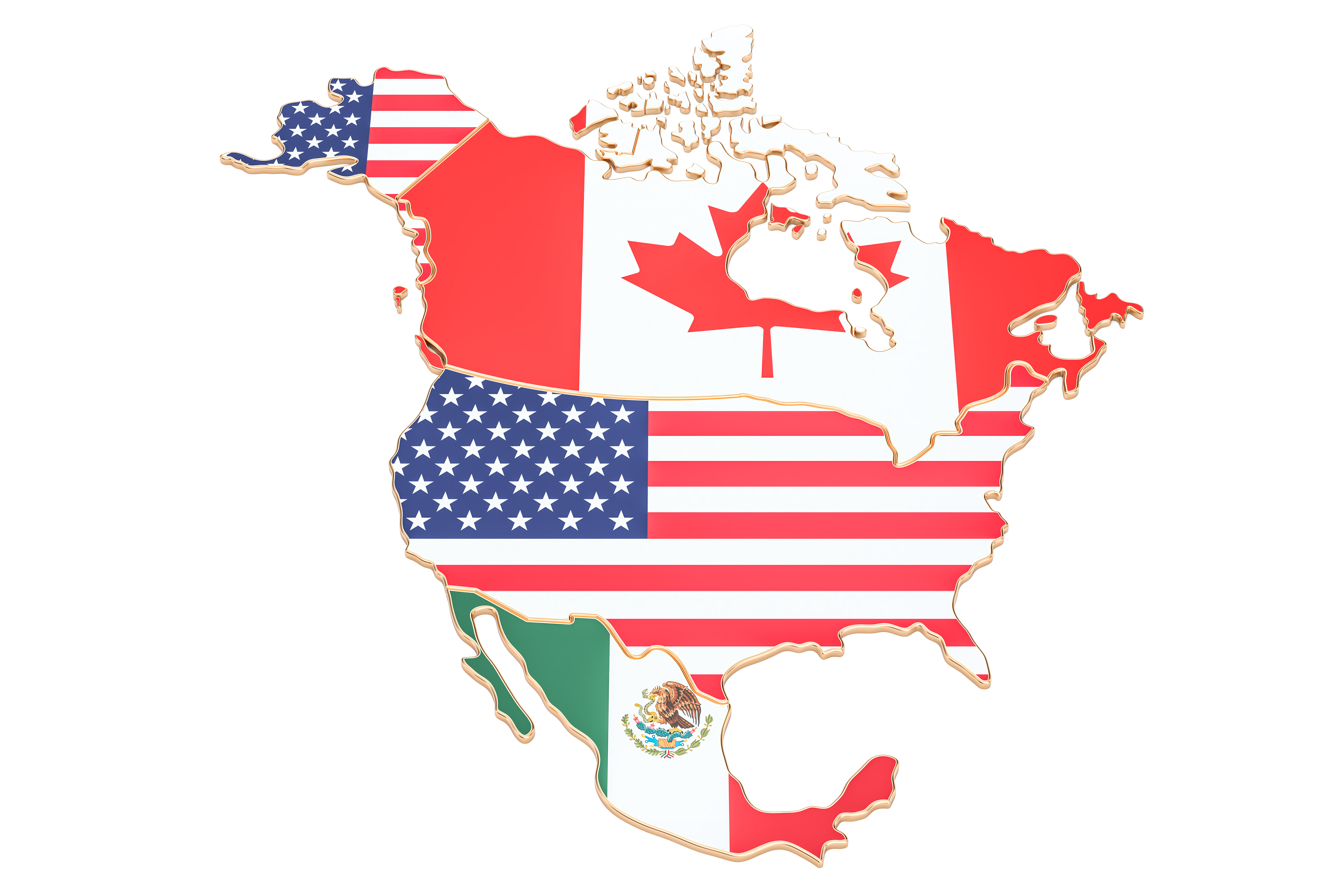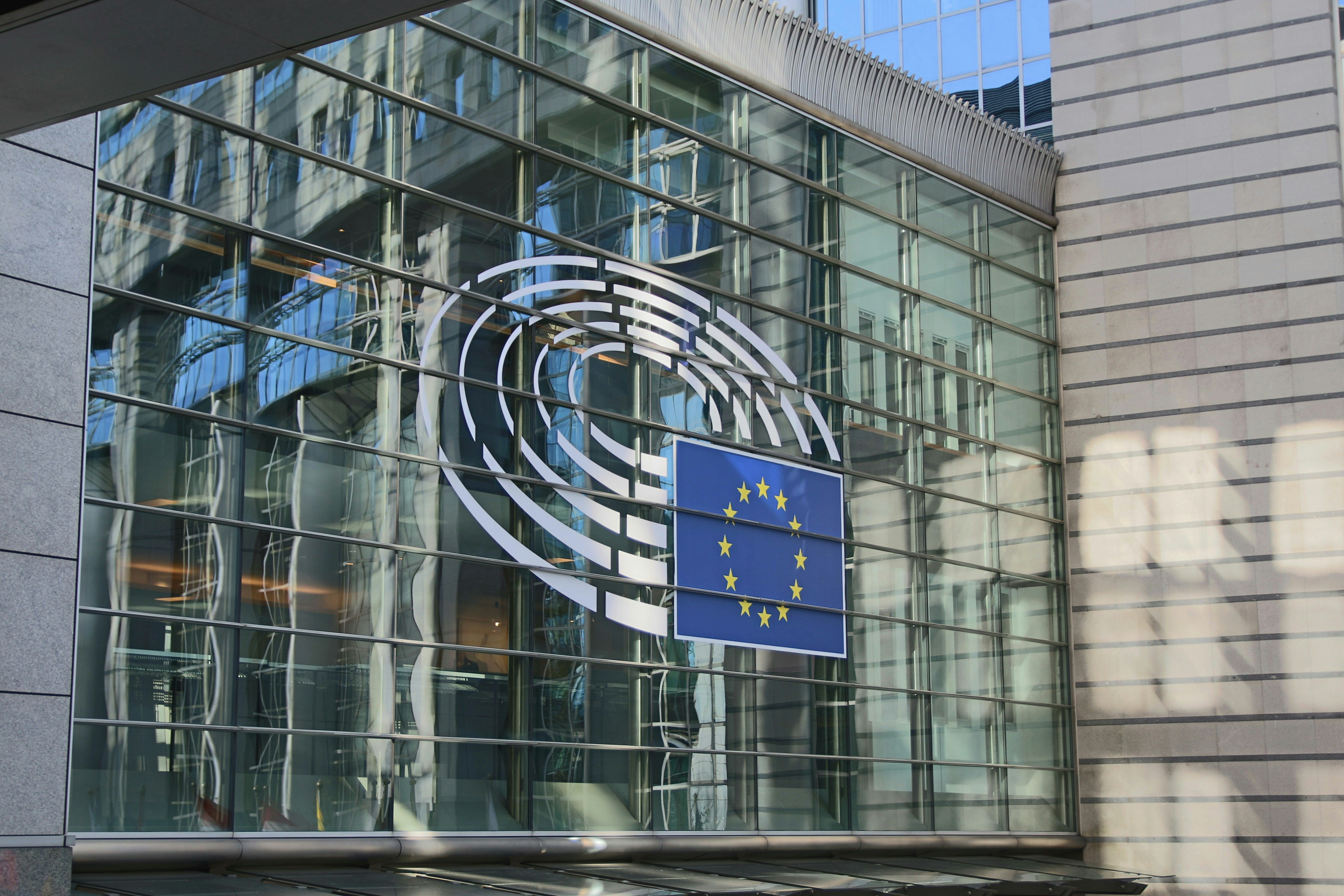Under the UN Guiding Principles on Business and Human Rights, business enterprises are responsible for respecting human rights, including avoiding causing or contributing to adverse human rights impacts through their own activities. Laws and regulations concerning responsible business conduct and human rights encompass diverse and evolving approaches. Some examples of laws and regulations follow;
Photo Credit: Mathias Reding_Unsplash



















 Why Develop a Social Compliance System?
Why Develop a Social Compliance System?



